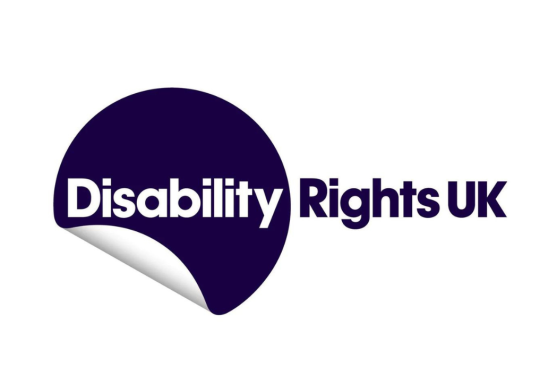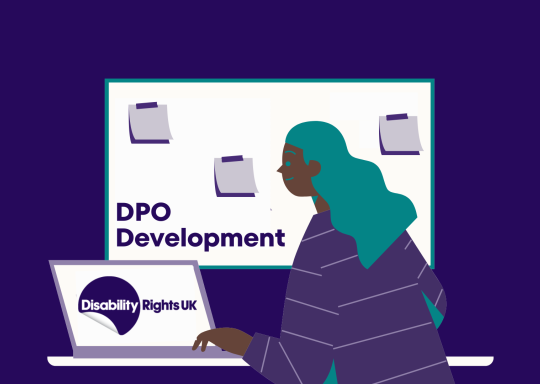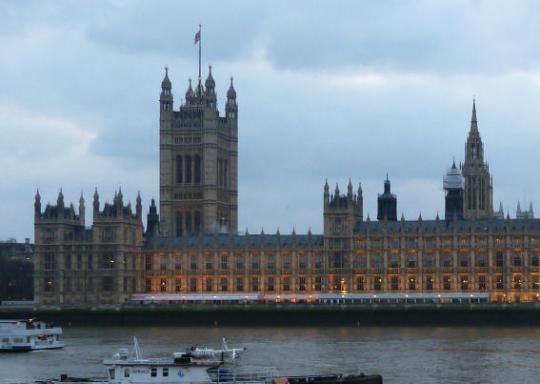Resolution Foundation find 44% income gap for Disabled people
The research published today found that two-in-five Disabled people were unable to heat their homes this winter, and almost a third needed to cut back on food expenditure, meaning Disabled people are worryingly and critically exposed to the rising costs of day-to-day essentials.
The report titled Costly differences combined statistical analysis along with a new YouGov survey with just under 8,000 working-age adults involved (over 2,000 of whom reported a long-term illness or disability) to compare how the UK’s disabled and non-disabled working-age populations have fared in terms of household income growth over the past decade and how they are currently coping amid the cost-of-living crisis.
Disabled people now account for almost a quarter of the working-age population and face a cost-of-living crisis with lower-than-average incomes. The underlying disposable income gap between the disabled and non-disabled population was 44 per cent in 2020-21, down from 54 per cent a decade ago. However, the gap remains significantly wide, so Disabled people are less able to weather the impact of the cost-of-living crisis.
The huge income gap is partly explained by the low employment rate of Disabled people, with only a little over half of the working-age disabled population in work. However, even after accounting for employment status, over half of the income gap remains – showing that in-work disabled people are more likely to be on lower incomes.
Other findings showed that almost half of disabled adults say they have had to cut back on energy use this winter, compared to almost one-third of people without a disability. In contrast, around two-fifths of Disabled people said they couldn’t afford to keep their homes warm, compared to just over one-fifth of the non-disabled population.
Charlie McCurdy, Economist at the Resolution Foundation, said: “While fast-rising prices for essentials is impacting people across the UK, people with disabilities are more exposed to the most severe effects, with two-in-five now unable to heat their homes, and almost one-in-three cutting back on food expenditure.
“This means people with a disability – who account for a third of the poorest households in Britain – will require additional protection during the cost-of-living crisis, which the Government has acknowledged through their Cost-of-Living Payments.
“But more policy work will be needed, not just through this crisis, but to make more progress on closing the huge income gaps that already existed between disabled people and the rest of the population.”
Dan White policy and campaigns officer at DR UK and one of the leads for the Disability Poverty Campaign group, said:
“When you read in black and white that almost one-in-three Disabled people say they have had to reduce their expenditures on food, compared to 18 per cent of the non-disabled population, you really wonder when the Government is going to wake up and do something to stop this appalling situation. The current financial support provided is totally inadequate when considering that millions of Disabled citizens are struggling even to eat one meal a day or to charge essential health and mobility equipment.
There must be a long-term focus on ending lower living standards for Disabled people coupled with immediate higher financial payments for Disabled people experiencing the devastating impact of the financial crisis.





